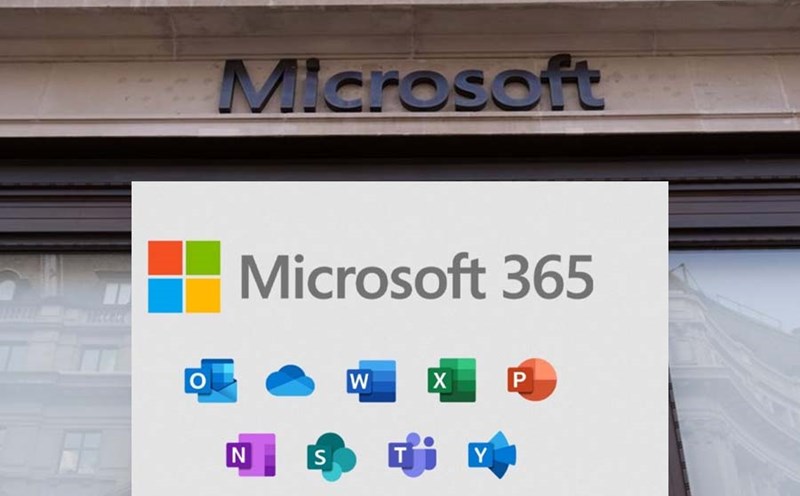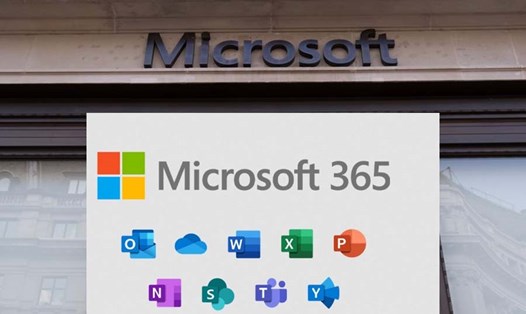Australia continues to tighten online environment management for minors when the Sports Safety supervisory agency has just decided to add Twitch to the list of social networking platforms banned from users under 16 years old.
The new regulation was issued just a few weeks before the social media ban on this age group officially took effect on December 10.
According to Twitch's announcement, the streaming platform will stop allowing Australian users under 16 to create accounts from December 10.
The existing accounts in this group will be disabled on January 9. Although Twitch globally allows people aged 13 and over to participate with parental supervision, in Australia the platform is classified as an age-restricted social network due to its high online interaction and communication.
On the other hand, Pinterest is exempted from the ban list. eSafety believes that Pinterest is mainly used to preserve images, ideas and has a low level of social interaction, so it is not subject to SMMA regulations.
Australia's ban applies to a series of popular platforms such as Facebook, Instagram, Snapchat, TikTok, X, YouTube (except YouTube Kids and Google Classroom), Reddit and Kickcasting services.
These platforms will have to block access or disable accounts of users under 16 years old as required by law.
The new regulation is the next step after Australia passed a law restricting children under 16 from using social media a year ago.
Several major technology companies, including Meta and Google, have proposed the government to temporarily suspend the implementation to complete the age verification system.
To date, eSafety has provided a self-assessment tool to help the platform determine SMMA compliance obligations.
The trend of tightening the protection of minors in the online environment also appeared in many other countries.
As of August 2025, 24 US states have issued age verification laws, in which Utah is at the forefront of requiring app stores to check users' ages and ask parents' permission for minors.
In the UK, the Online Safety Act, which came into effect in July, requires social networks to prevent children from accessing harmful content such as self-harm or eating disorders, and requires rigorous age checks.
Australia's inclusion of Twitch in the age restrictions and removal of Pinterest from the list shows a platform-based approach, which is a key factor in the goal of protecting children in cyberspace.











